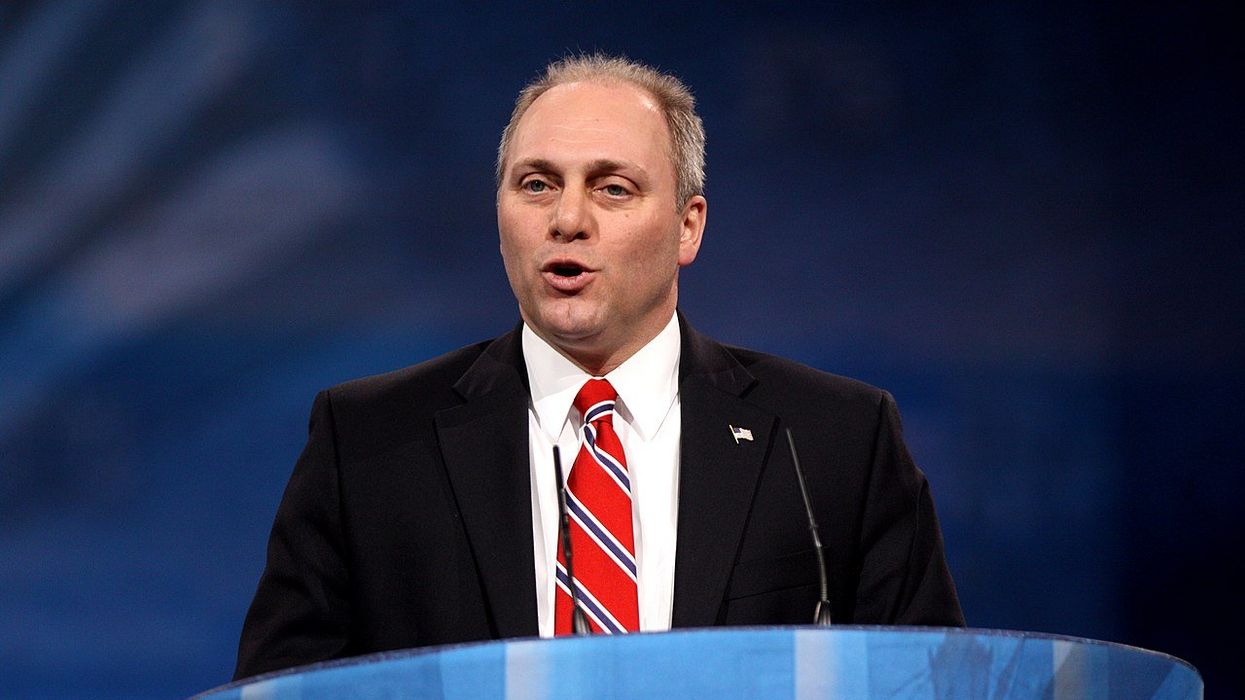Why Steve Scalise’s 'tricky' speaker nomination may bring 'additional chaos': analysis


On Wednesday, October 11, Republicans in the U.S. House of Representatives nominated Rep. Steve Scalise (R-Louisiana) for speaker. Scalise, who has been battling cancer, was competing with House Judiciary Committee Chairman Jim Jordan (R-Ohio) for the position. But ultimately, House Republicans chose Scalise as their nominee.
It remains to be seen, however, whether Scalise will actually be confirmed via a full House vote. In a MaddowBlog column published after the nomination, MSNBC's Steve Benen stresses that "there's still a chance for additional chaos" in the House.
The "next step," according to Benen, is "likely to be tricky." Scalise will need 217 votes to be confirmed as speaker.
POLL: Should Trump be allowed to hold office again?
"The Louisiana Republican appears to start with 113 — the total he received from the intraparty process Wednesday morning — and it's likely that he'll pick up many of the GOP members who supported Jordan," Benen observes. "But how many? A handful of House Republicans said after the balloting that they're still not prepared to vote for Scalise, and Rep. Thomas Massie of Kentucky told NBC News that Scalise 'doesn't have the votes.'"
When McCarthy was nominated for speaker in January 2023, it took no less than 15 full House votes before he was finally confirmed — only to be ousted nine months later thanks to a "motion to vacate" by far-right Rep. Matt Gaetz (R-Florida).
"The arithmetic is relatively straightforward: On the House floor, each member will vote for speaker," Benen explains. "If Scalise loses four Republicans or fewer, he'll get the gavel. If he loses five Republicans or more, he'll still be his party's choice. But the drama will continue."
READ MORE: 'Small but persistent group of Republicans' reject Scalise leaving GOP 'frustrated': report
Read Steve Benen's full MSNBC column at this link.